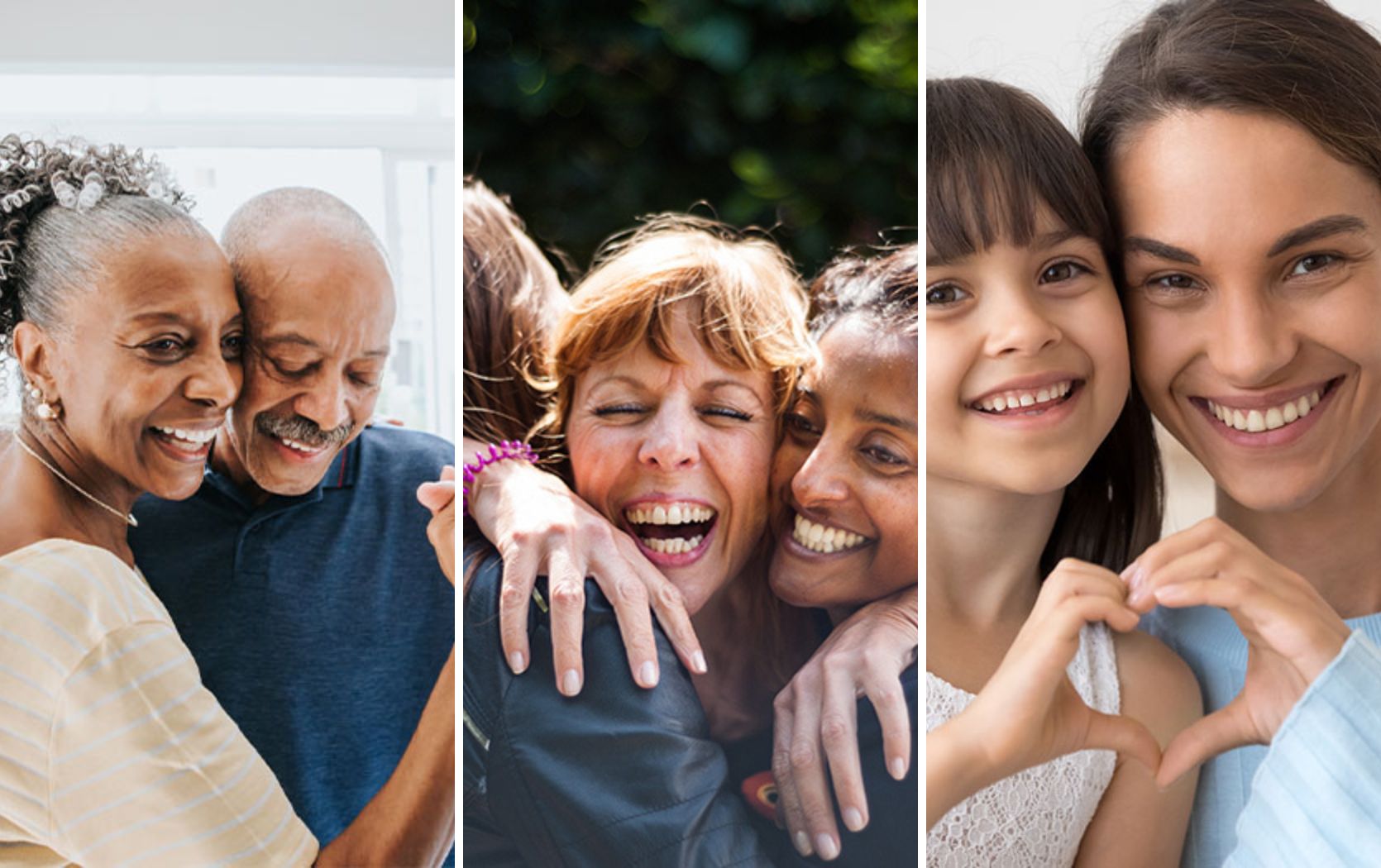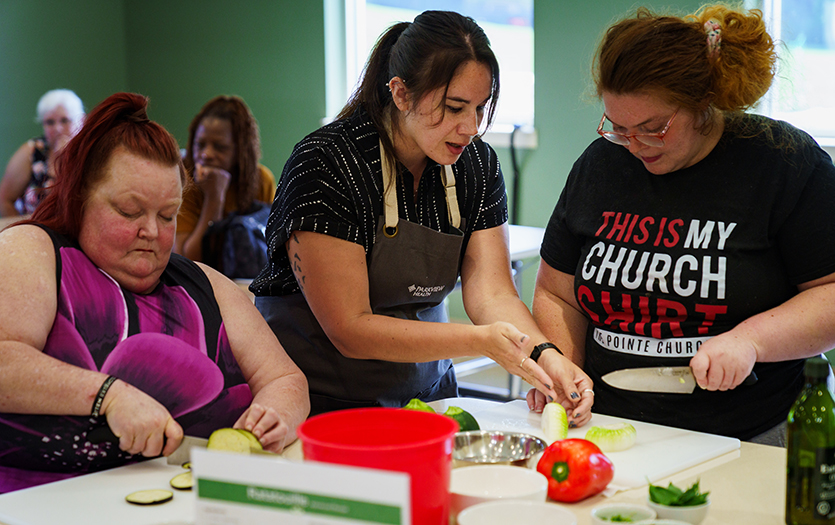
This post was written by Jon Swanson, PhD, staff chaplain, Parkview Health.
One Christmas, my wife, Nancy, and I gave small gifts to my family. They were tiny-size baby food jars with a little note in each one, letting people know that the following Christmas a baby would be joining the celebration. We laughed, and we cried a little.
Kathryn Anne was born in late July after those gifts. Five short weeks later, she died.
I don’t remember Christmas that year at all.
Every Christmas since then, a tiny pair of knitted mittens is at the top of the tree, just below the ancient, oft-crushed angel. And when one of us puts the mittens on the tree, there is a momentary pause, a sad smile.
Holidays are all about expectations. Seeing our favorite people, eating favorite foods, playing certain games, having the same arguments about who makes the best pie. When expectations are disrupted, whether because of a snowstorm that makes people late, or a death that changes the gathering forever, we are thrown off balance.
Snowstorms become stories. Permanent changes, however, are really hard. Some people want to maintain balance by cancelling everything. Other people want to ignore the loss and go on as normal.
There isn’t a right answer. But here are some suggestions that you can try. I pray one helps you to find a new balance in the first (or fifth) holiday season after the loss of a loved one.
Actually remember. Some family members found it too hard to talk about our daughter. Yet, research suggests that most people would rather talk about the person who is gone than ignore them. (And if the person missing was stillborn and had never been to the gatherings, their parents are still acutely aware of their absence and would be blessed by others recognizing their loss.)
Add a routine of remembrance. The hanging of the mittens acknowledges Kathryn in a small, but important way.
Consider passing old routines to new people. If grandma always made suet pudding (it’s better than it sounds), let someone try it out with her recipe. If the oldest family member always said a blessing, have the next oldest and the youngest say it together.
Be willing to laugh. Grieving people most often don’t want to be the cause of other people being sad. So, laugh at the way someone spills the gravy, and let people join as they can.
Have permission to excuse yourself. (And give others that permission.) If we have a cold, or worse, we give ourselves permission to say, "I'm not feeling well. I can't come tonight. I don't want to get anyone else sick." We can also do that when our hearts aren't feeling well from grief.
Be willing to ask how people are feeling and be willing to answer honestly. Often, we assume that others are grieving the way we are (or think we would). Often, we’re wrong.
Remember that this year isn’t the same as last year or next year. It’s this year. So, honor and remember and acknowledge who is here and who isn’t. Knowing that we can’t predict next year.
We remember Kathryn, though her story unfolded more than three decades ago. Since then, we’ve had many changes in our families and in extended family gatherings. And we’ve laughed and cried often since then.
And I’m expecting that we will this year, too.




